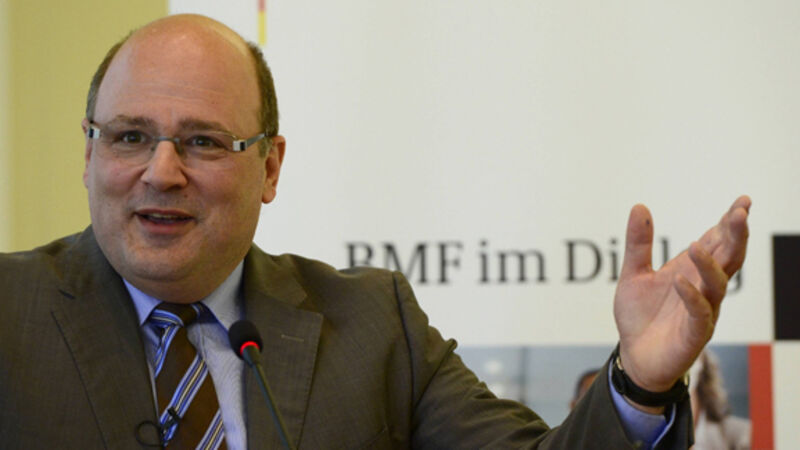‘ECB policies rely on reforms’

The ability of economies to absorb monetary stimulus and the benefits of economic-growth programmes rests upon fiscal stability, Mr Kampeter said in a speech in Dusseldorf.
That combination has yielded “moderate” improvements in countries that sought help from EU fiscal backstops at the height of the financial crisis, he said.
















